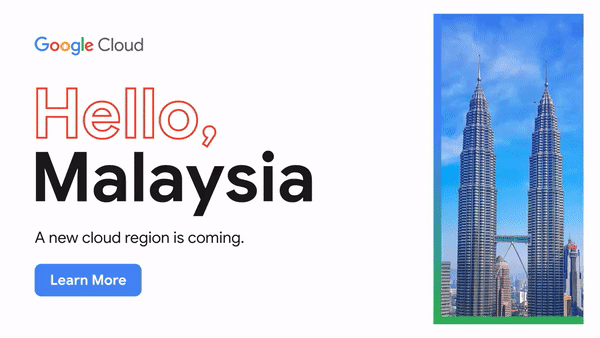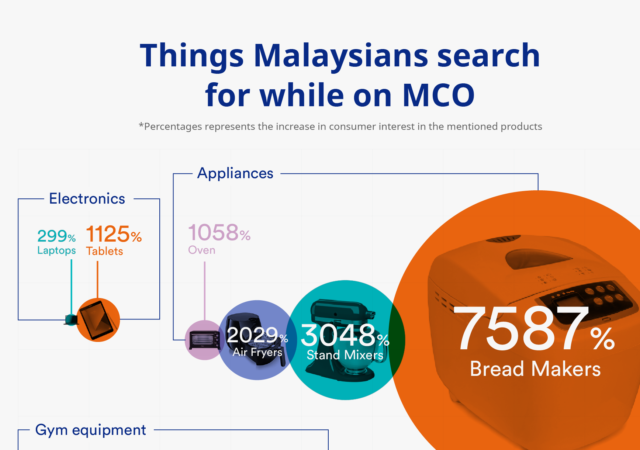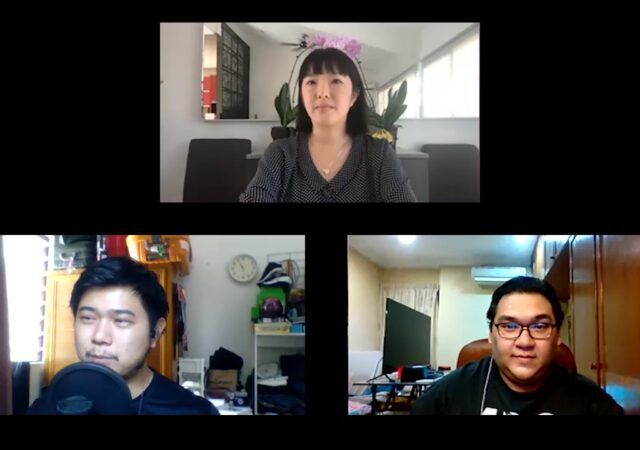U Mobile and EDOTCO sign a memorandum of understanding to accelerate establishing Malaysia’s second 5G network.
Google’s US$2 Billion Investment: A Catalyst for Malaysia’s Digital Transformation
Google invests USD$2 billion in Malaysia to setup the Malaysia Region for Google Cloud located in the Greater Region of Kuala Lumpur.
Embracing the Golden Digital Era: Elevating Malaysia’s Potential with Cloud Adoption & Skilling
Azhar Abdullah shares his insights on the digital economy in Malaysia & how tech transformations can help businesses embrace technology.
Malaysia Finally Flips The Switch! 5G Activations Start in November
Malaysia finally flips the switch for nationwide 5G with a majority of the country’s telcos finally signing their access agreements with DNB.
Google Cloud Planning Expansion in Asia Pacific Bringing New Regions in Malaysia, Thailand & New Zealand
Google Cloud announces plans for new regions in Malaysia, Thailand and New Zealand empowering local digitization efforts.
Digi’s Juara Internet Malaysiaku Offers Free Phones, Extra Internet, and Rebates in Conjunction with National Day and Malaysia Day
Digi launches their new Juara Internet Malaysiaku promotions in conjunction of Malaysia’s National Day and Malaysia day celebrations
Malaysians Have Been Searching for Everything from Condoms to Yoga Mats during the COVID-19 Pandemic
Malaysians, like many others around the world, have been cooped up at home doing their best to contribute to ending the COVID-19 pandemic. However, it seems like staying at home has led to Malaysians turning to eCommerce for their necessities and some retail therapy.
The HUAWEI P40 Series has arrived in Malaysia!
The highly anticipated photography flagship is here in Malaysia! The HUAWEI P40 series, the devices that tops the DX0Mark charts have made their way to the local market. The devices will be available 11th April 2020 onward starting from MYR 2,799 onward.
Realme 6 Launches in Malaysia for MYR 999– Online as Well, Of Course
Realme has launched their brand new Realme 6 smartphone in Malaysia for MYR 999. The device comes with a MediaTek Helio G90T SoC and 64MP quad-camera set-up. It will be available in Malaysia 27th March 2020 onward.












